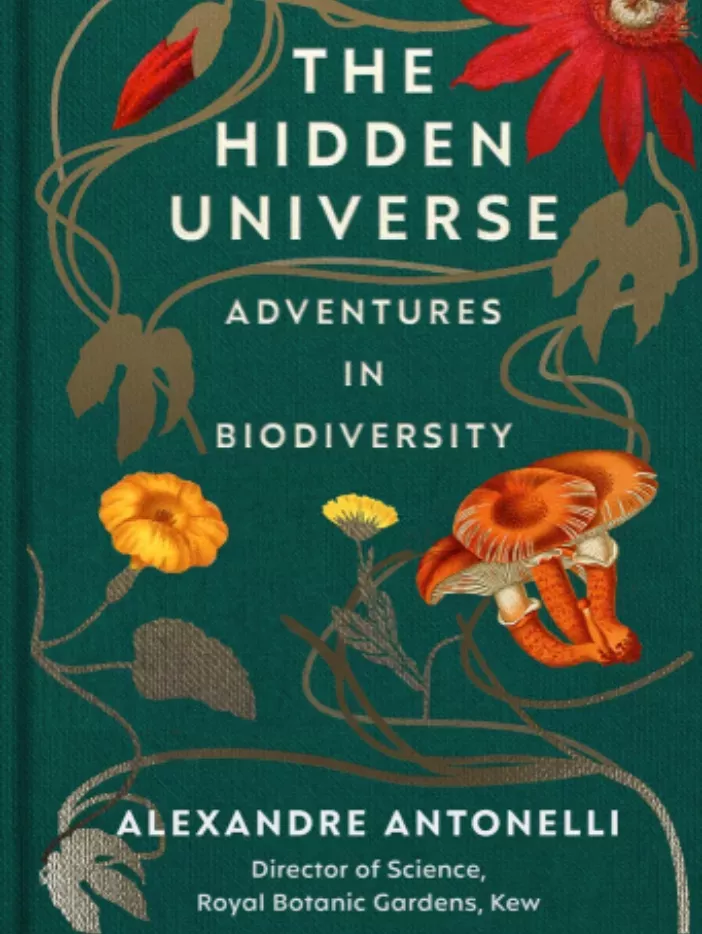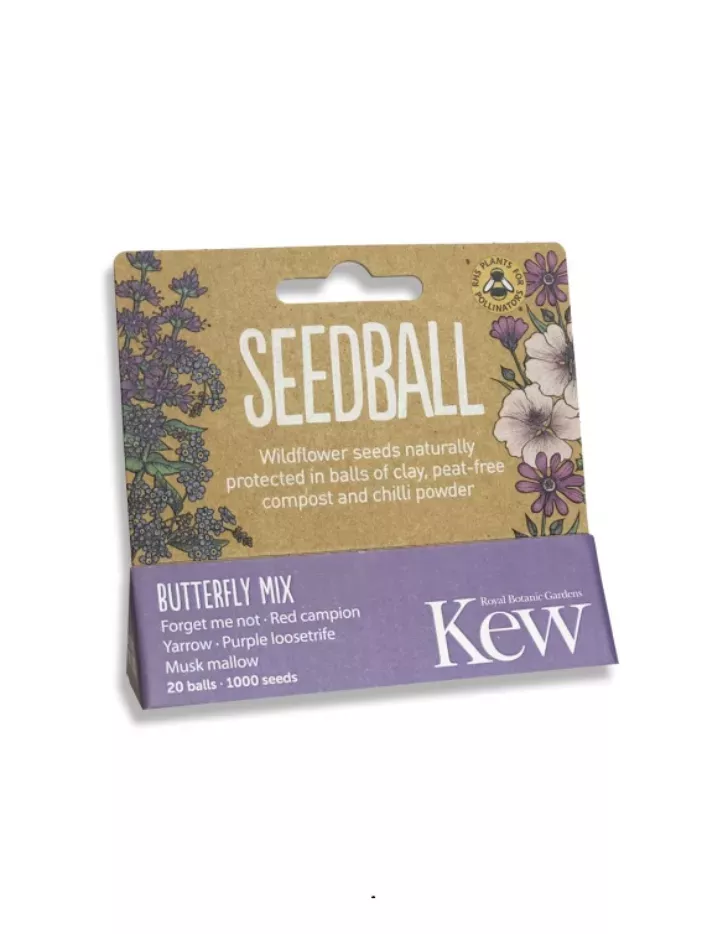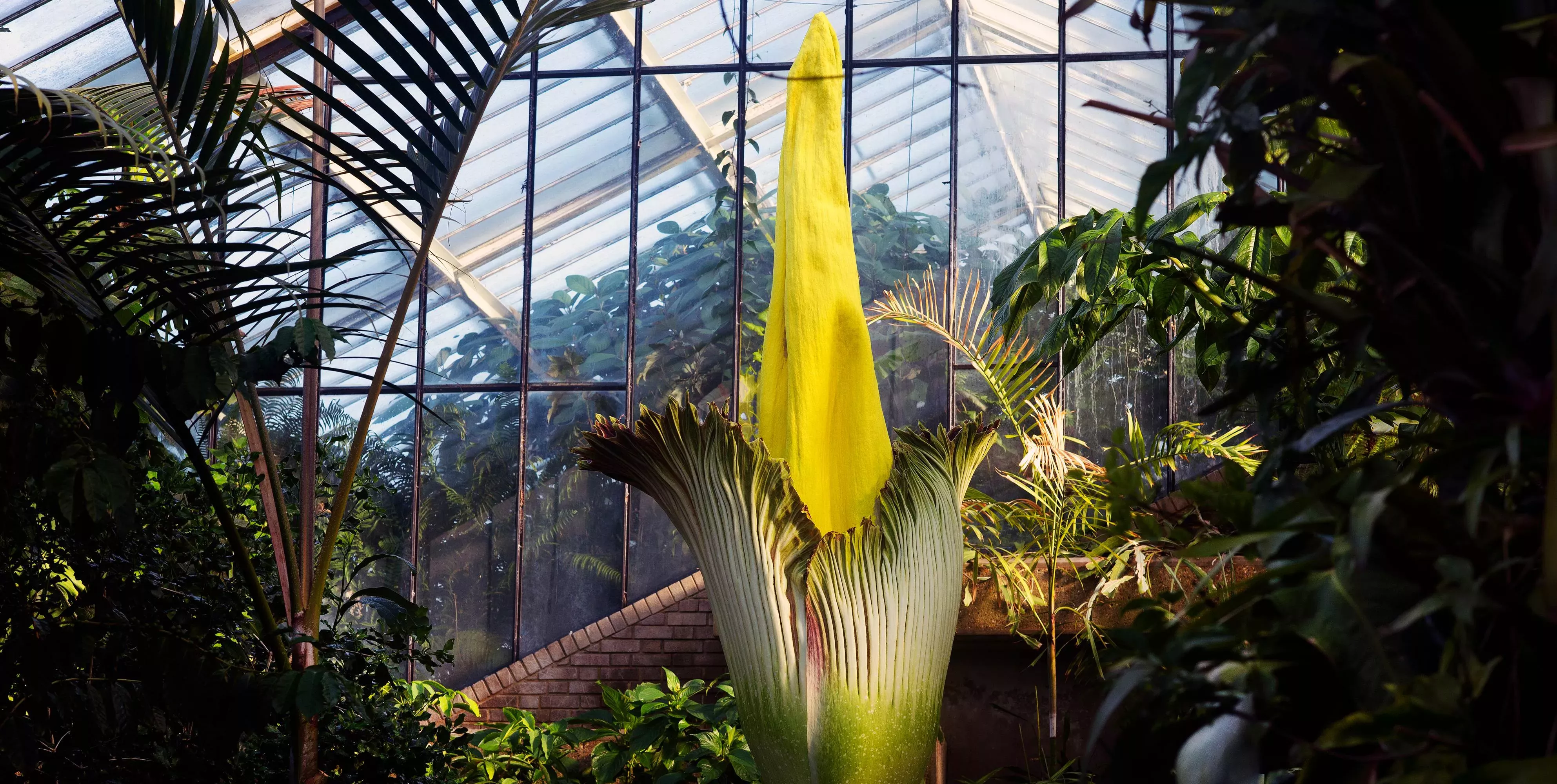22 May 2023
22 ways to build biodiversity
Celebrate biodiversity in all its form this International Day for Biological Diversity by discovering how you can help protect our most precious natural resource.

To mark International Day for Biological Diversity, we’re sharing 22 actions you can take to help protect, support and regenerate the incredible biodiversity on your doorstep.
1. Discover what biodiversity really is
To protect and celebrate something, you’ve got to know what it is first! Check out our explainer on biodiversity and why it matters.
2. Get wild and messy in the garden
Let a section of your garden grow wild, which is great for biodiversity, offering food and habitats for many species.
3. Give no-dig gardening a go
Instead of turning over the soil in the winter months, try covering it in compost to mimic the natural process of leaf decomposition, and maintain the soil ecosystem.
4. Grow insect-friendly plants
By growing fragrant colourful flowers, you can make sure that crucial pollinators like bees are regular features in your garden.
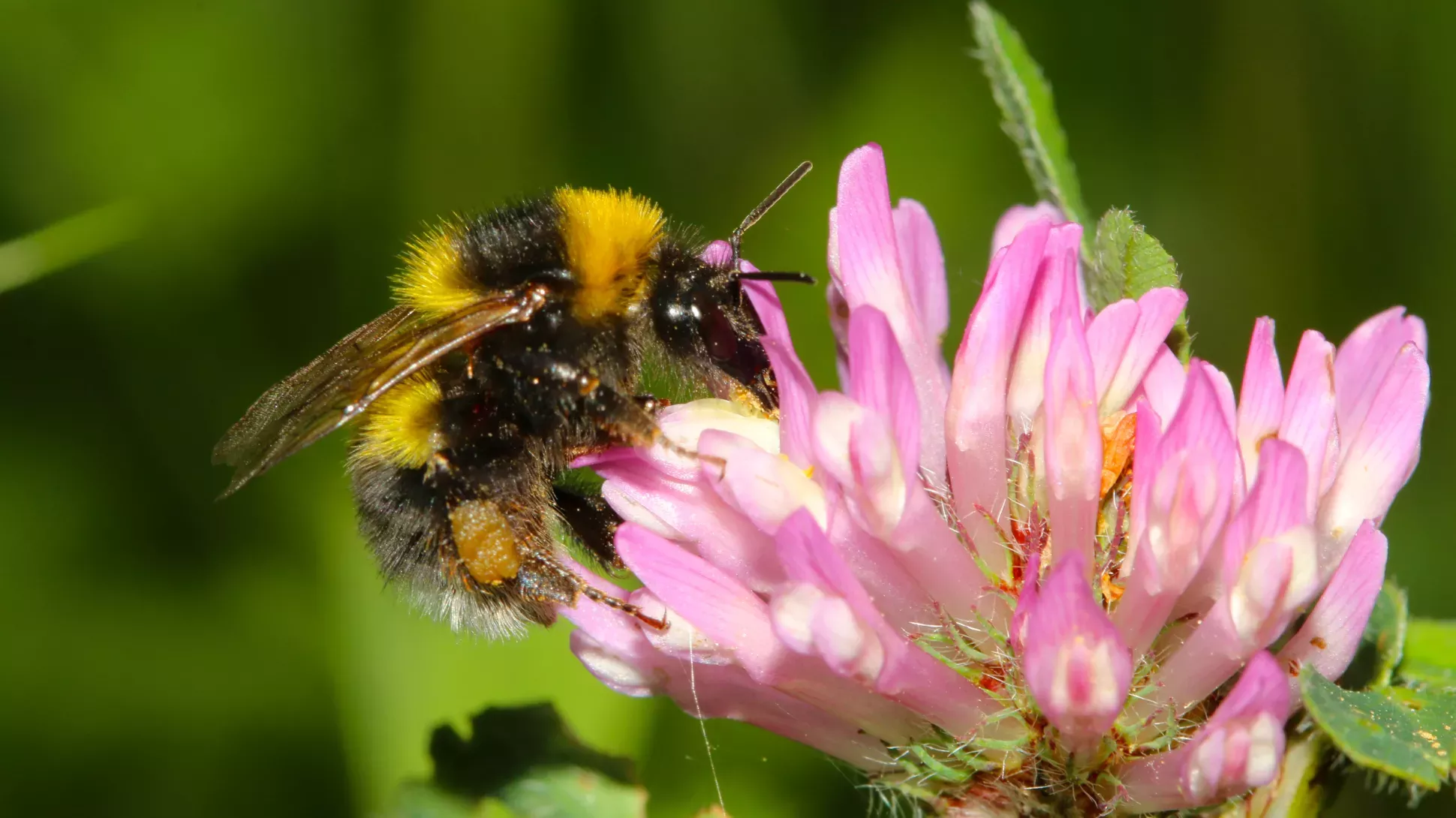
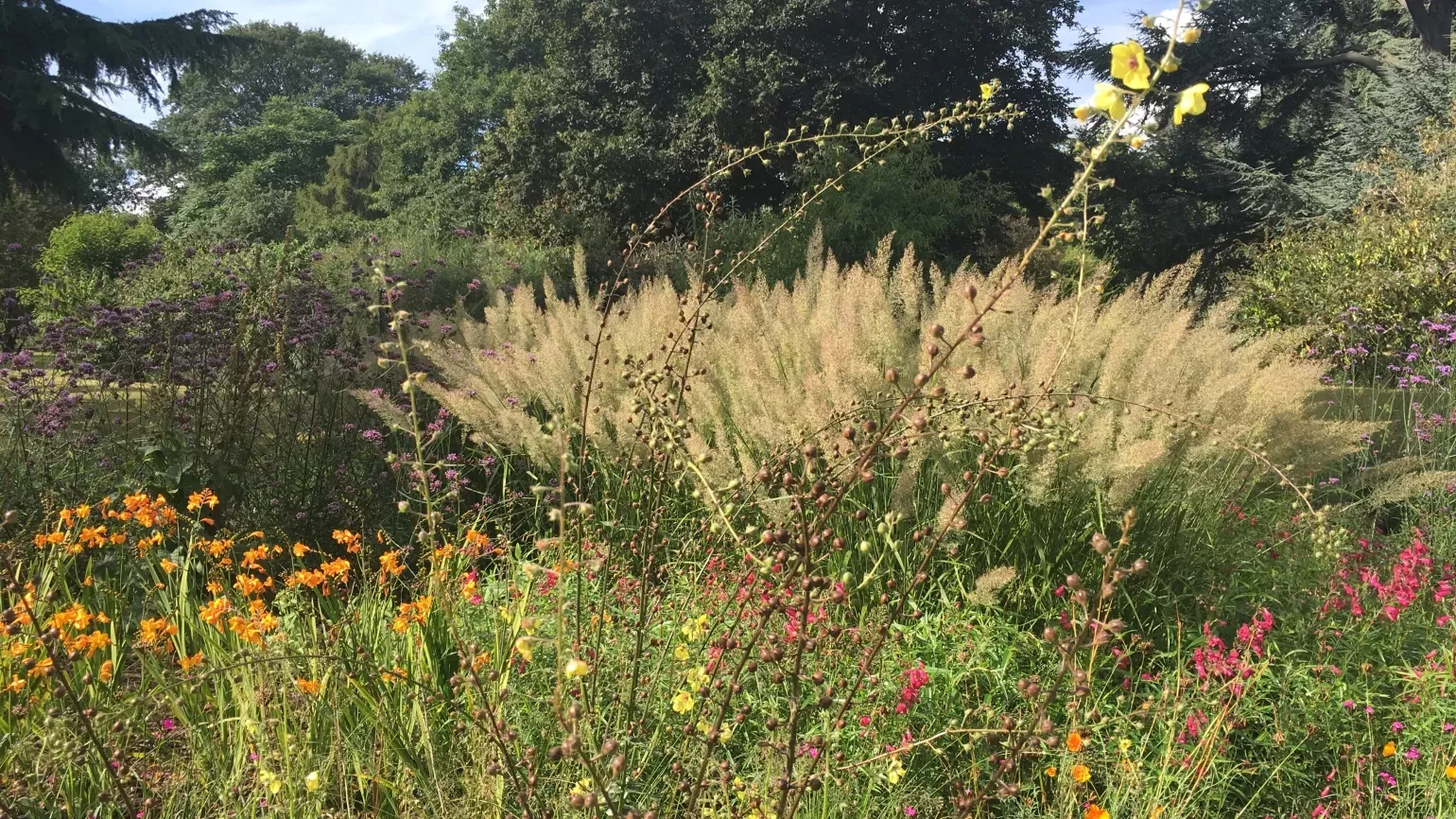
5. Create helpful habitats
Encourage birds to your garden by putting out berries and seeds. You can also help provide homes for bees and other insects with a bee house or bee block.
6. Plant (native) trees, shrubs and plants
Help rebuild depleted natural habitats and biomes by planting trees and plants native to your local area.
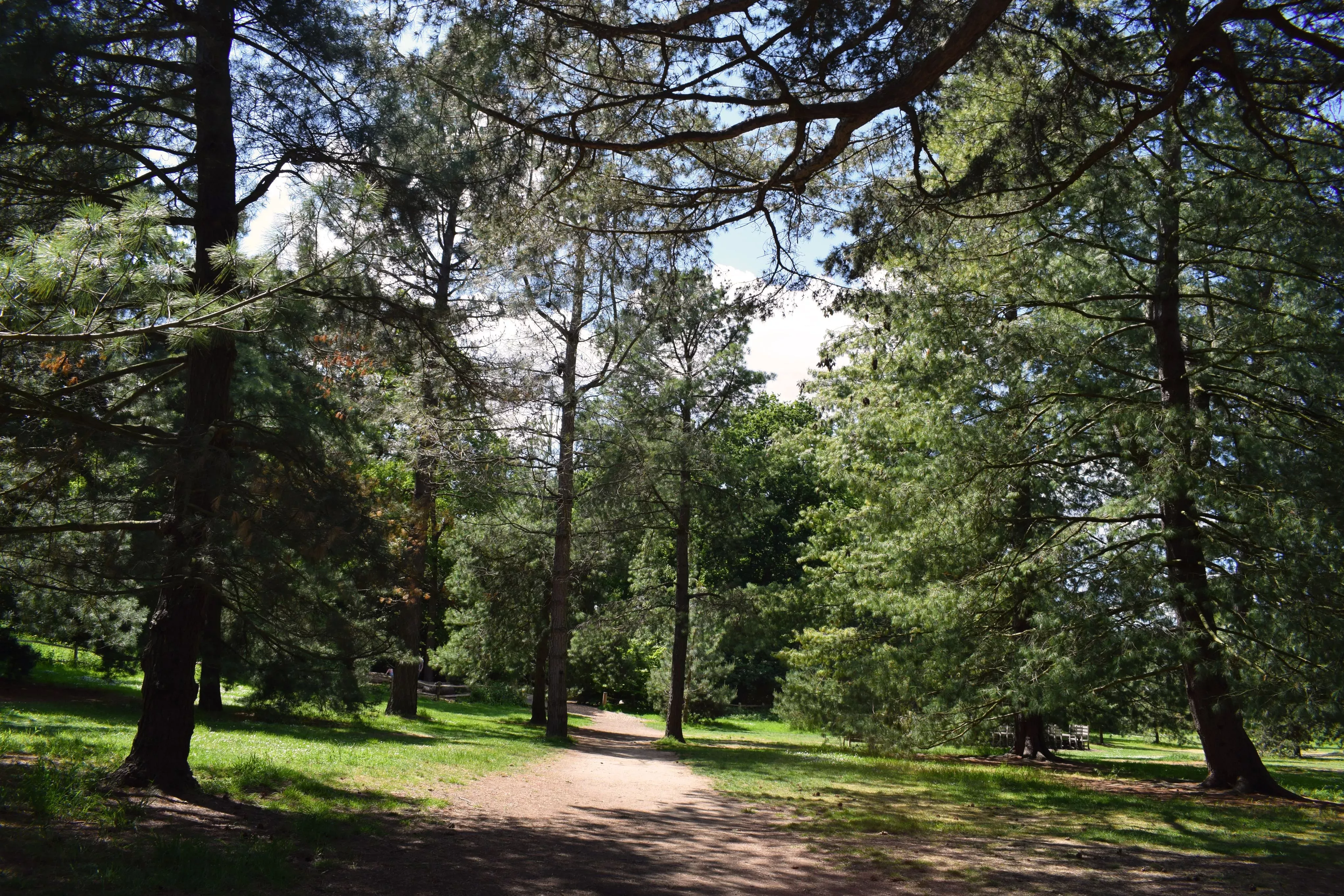
7. Save energy
Every little helps in slowing the progression of human-induced climate change, which amongst other things, causes devastating forest fires that impact biodiversity
8. Support biodiversity-friendly companies
Research the companies behind your favourite plant and fungi products to discover if they’re helping to combat biodiversity loss.
9. Enjoy urban biodiversity
Find biodiversity all around you, in gardens, parks and even grass verges. If you have the time, why not volunteer with a community gardening scheme?
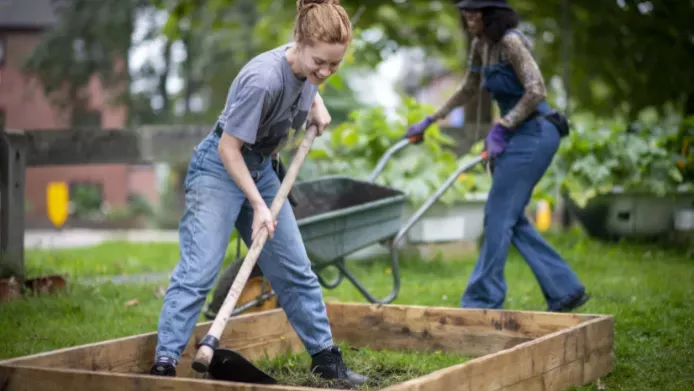
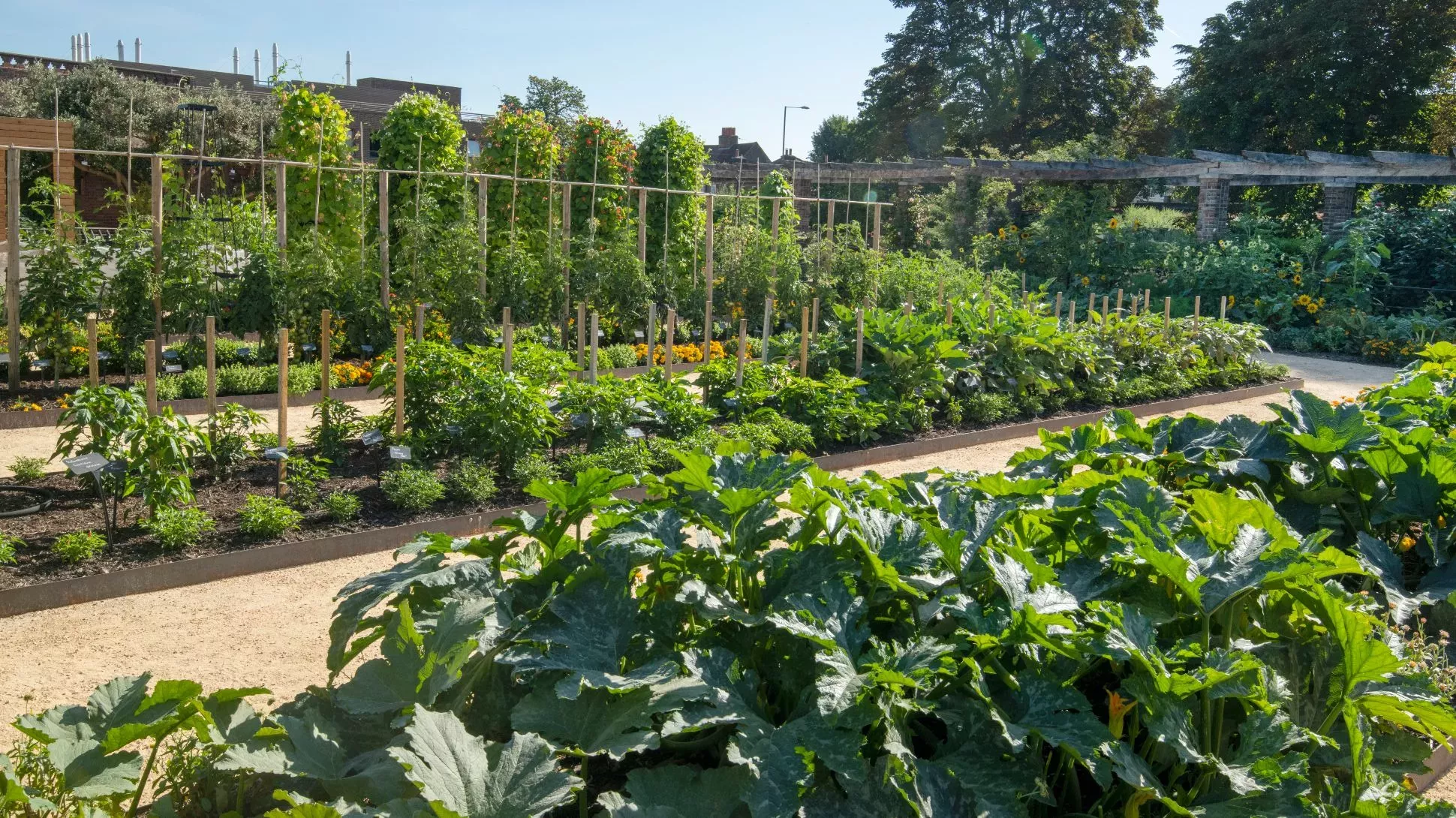
10. Eat sustainably
Save the planet and reduce the carbon emissions from your plate by eating a wider variety of seasonal fruit and veg.
11. Reduce food waste
With one-third of the world’s food being wasted every year, play your part by reducing food waste and make your own compost mix at home.
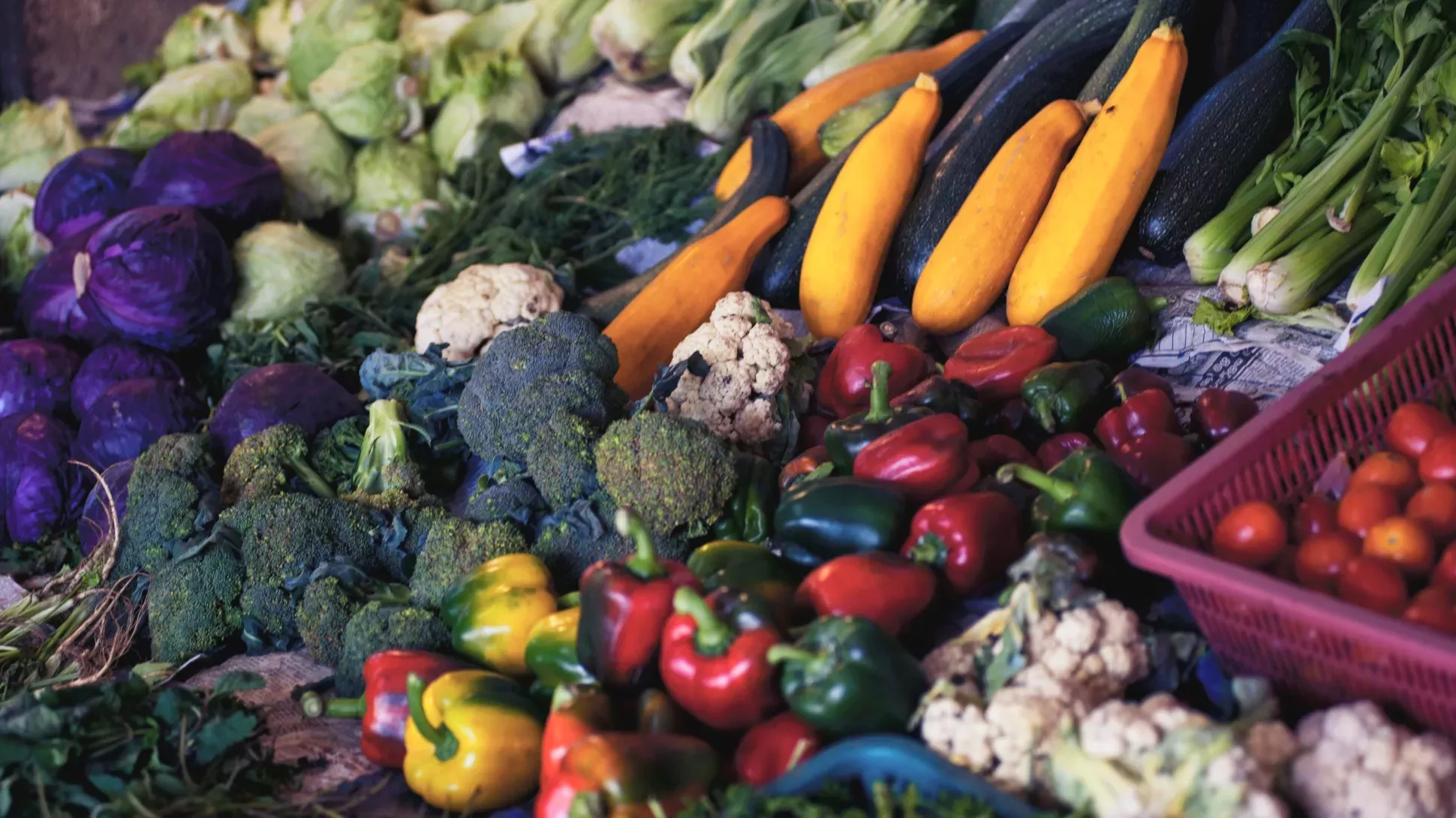
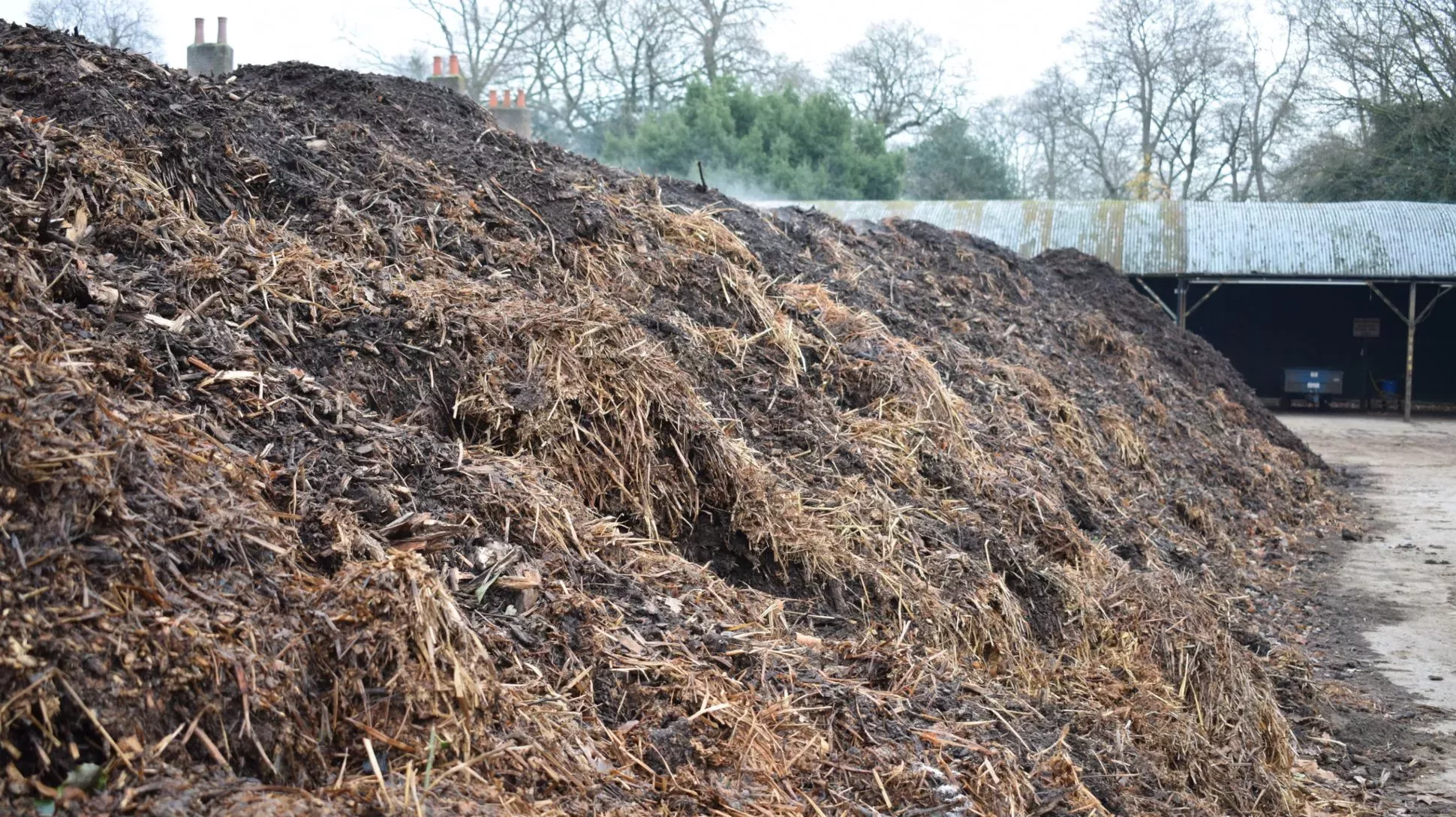
12. Think about furniture
Around a third of all tree species are currently under threat and there is far more illegal wood out in the market than you might expect. When you buy, try to buy second-hand, and if buying new, avoid tropical hardwoods.
13. Become a plant health champion
Discover how you can prevent the spread of invasive species and support responsible plant nurseries.
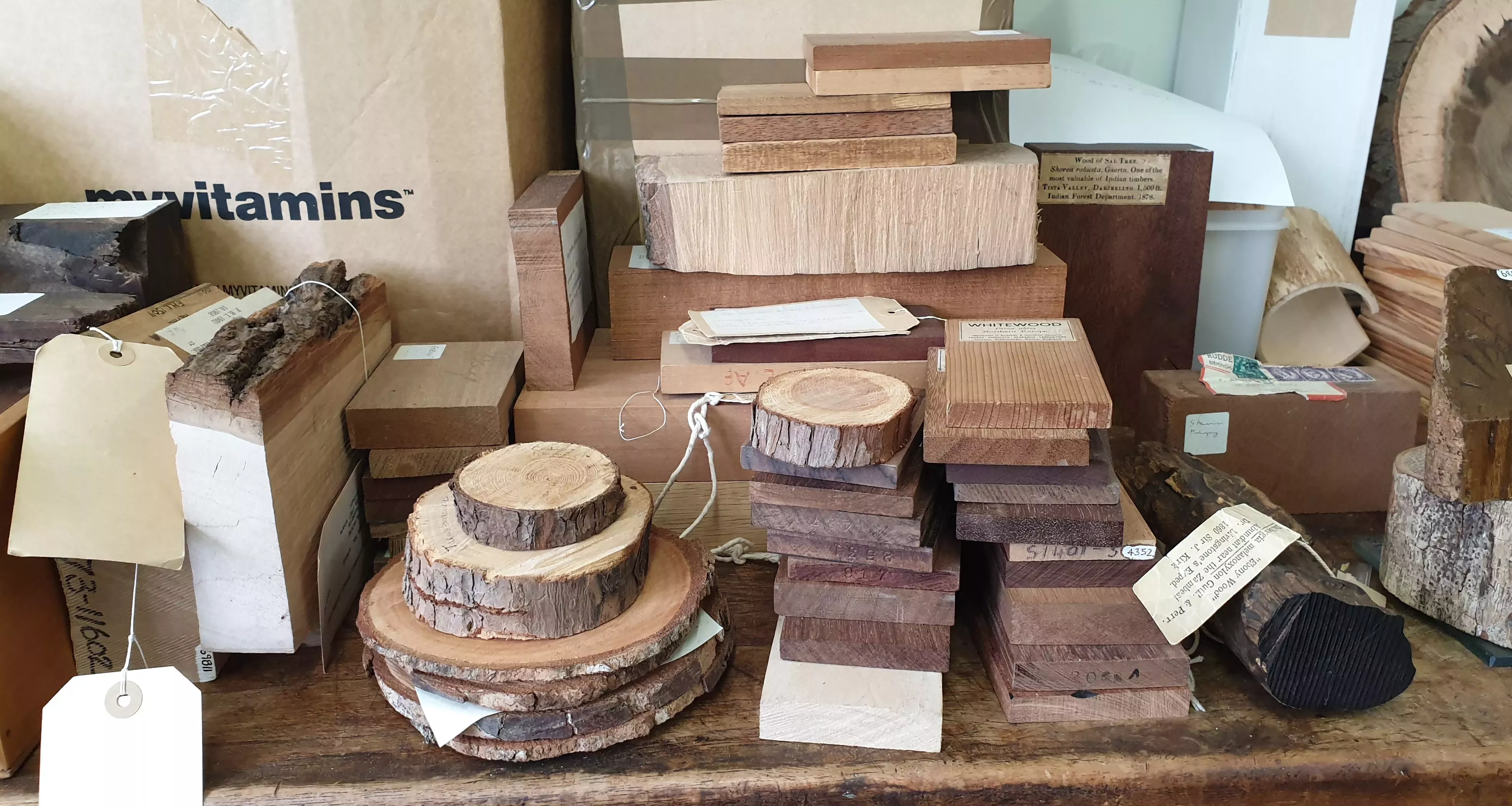
14. Take pictures not samples
As we say at Kew, plants and fungi are for everyone. If you spot a beautiful flower, leave it where it is for humans and animals to enjoy.
15. Keep an eye out for ash dieback
Ash trees make up a vital part of the UK’s forest ecosystem, but are under threat. Learn to spot the signs, and report any potentially infected trees to TreeAlert.
16. Keep an eye on the winners of the Kew International Medal
Kew’s medal recipients help contribute to our understanding of plants and fungi, a key part of biodiversity. 2022's winner, Elizabeth Maruma Mrema, has been in championing the importance of biodiversity conservation for over twenty years, and 2023's winner, Professor Suzanne Simard, has investigated how complex fungal networks affect the health of forests.
17. Don’t forget about fungi!
Fungi make up a huge part of biodiversity, but it can be easy to forget about them beneath our feet! Discover more about our fungal friends.

18. Support environmental organisations
Groups including the Zoological Society of London, WWF and the Royal Horticultural Society work to raise awareness and study our natural world to protect its fragile biodiversity.
19. Raise biodiversity awareness
Talking about biodiversity loss with friends and family is a great way to bring attention to the issue, and get more people involved in slowing biodiversity loss both locally and globally.
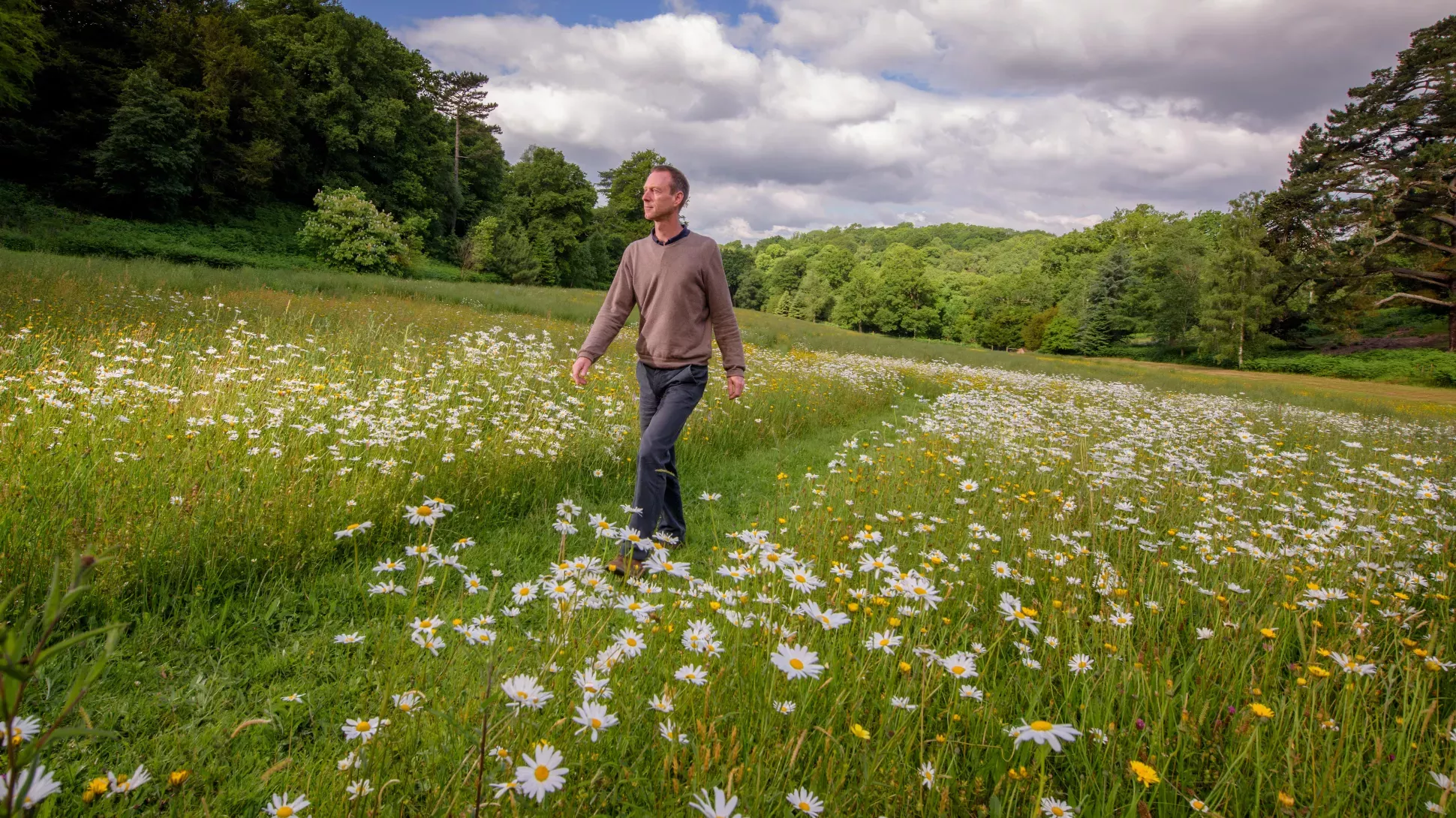
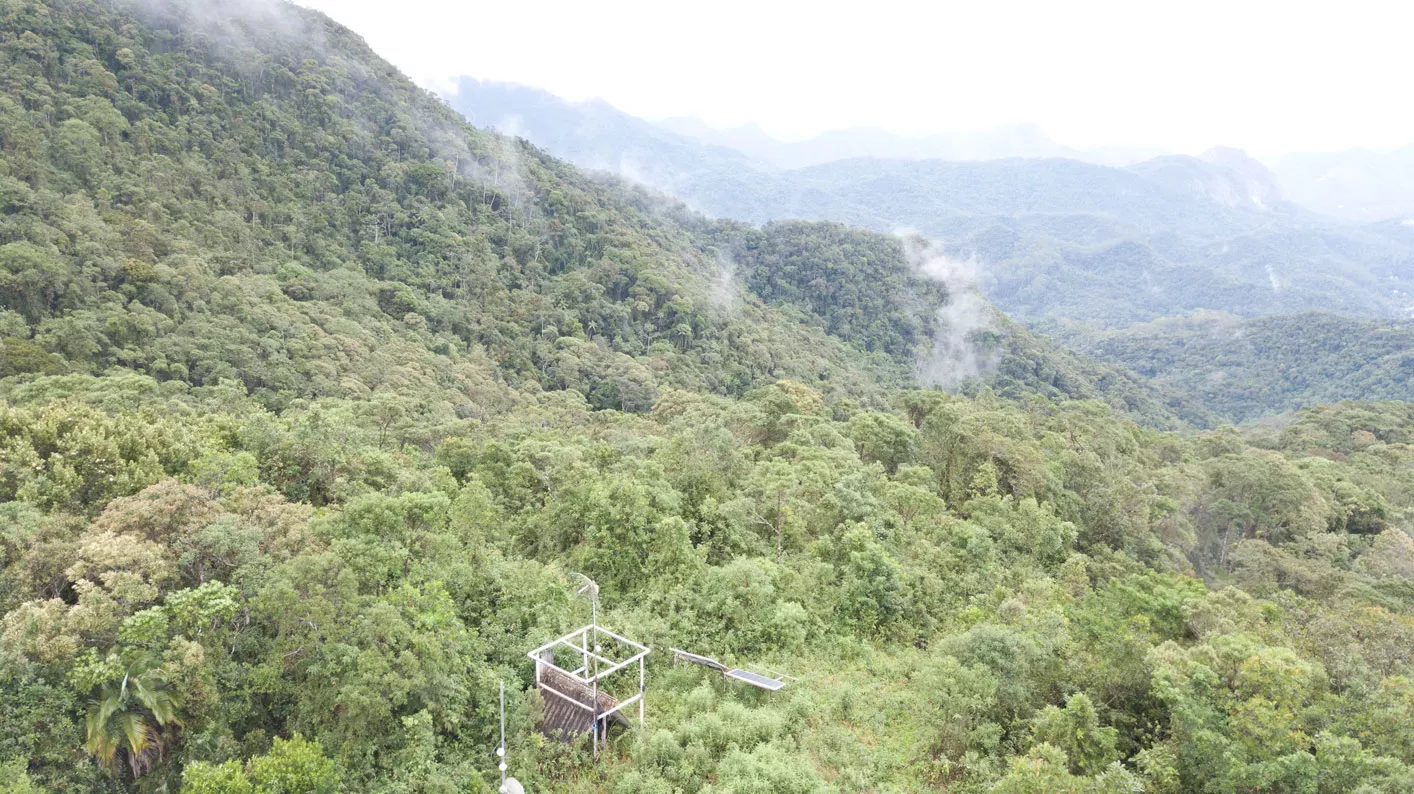
20. Discover The Hidden Universe
Kew’s Director of Science Professor Alexandre Antonelli’s new book The Hidden Universe teaches you everything you need to know about biodiversity and why it's the single most important tool to battle climate change.
21. Visit Kew and Wakehurst
Not only will you see the incredible range of biodiversity in our gardens, every time you visit Kew or Wakehurst, you’ll be supporting the research we do to help protect biodiversity worldwide.
22. Celebrate Biodiversity Day
International Day for Biological Diversity is celebrated on 22 May every year and is a great opportunity to think about some of the changes we can all make to help build back diversity and protect our precious global ecosystems.
